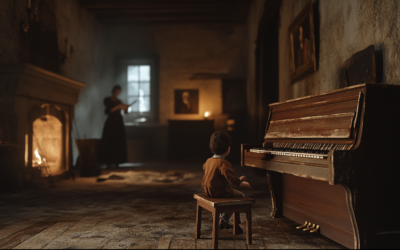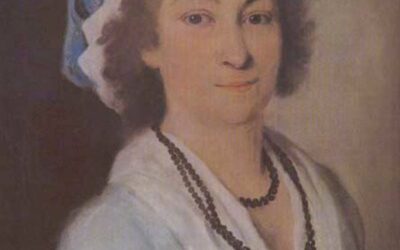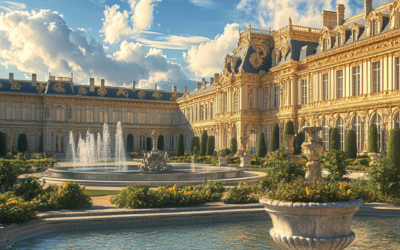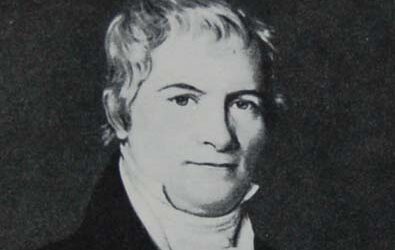A Modern Premiere in Germany
Pacini’s Medea Brought to Life
Giovanni Pacini’s Medea, revised by Luca Bianchini and Anna Trombetta, made its modern premiere in Germany at the Theater für Niedersachsen. This monumental work was performed in full, marking a triumphant revival of Pacini’s forgotten genius.
Mozart: The Fall of the Gods
This book offers a fresh and critical look at the life of Wolfgang Amadeus Mozart, challenging the myths that have surrounded him for centuries. We strip away the romanticised image of the “natural genius” and delve into the contradictions within Mozart’s extensive biographies. Backed by nearly 2,000 meticulously sourced citations, this work invites readers to explore a deeper, more complex understanding of Mozart. Perfect for those who wish to question the traditional narrative, this biography is a must-read for serious music lovers and historians.
"Pacini’s Medea returns to the stage, reminding us that some of the most powerful operatic works have yet to receive the recognition they deserve."
@MozartrazoM
For the first time in Germany, Giovanni Pacini’s monumental opera Medea has been performed in a modern premiere at the Theater für Niedersachsen in Hildesheim. This captivating work, filled with both horror and compassion, was masterfully revived thanks to the new edition transcribed and revised by musicologists Luca Bianchini and Anna Trombetta. The edition, comprising nearly 1,500 pages of score and sheet music, restores the grandeur of Pacini’s forgotten masterpiece.
The opera, which was performed in its entirety under the baton of Maestro Florian Ziemen, received enthusiastic acclaim during its premiere, with several more performances scheduled in the weeks following. Originally premiered in 1843 to great success, Medea once again demonstrated its powerful impact on audiences, blending dramatic intensity with Pacini’s masterful composition.
This modern revival highlights how Pacini, unjustly neglected in music history, deserves to stand among the greats of opera. The character of Medea, both terrifying and pitiful, remains one of the most complex and fascinating figures in opera, and Pacini’s setting captures every nuance of this tragic tale.
You May Also Like
The Myth of Mozart’s Childhood
Mozart’s childhood is often romanticised, but behind the myth lies a more complex reality. This post explores the hidden dynamics within his family, questioning the traditional narrative of Mozart's early years and shedding light on the forgotten role of his sister,...
Bohemia or Moravia: Reconfiguring Music History
Why does music history insist on an Austrian narrative, when the contributions of other nations are just as crucial?
The True Caregiver: A Closer Look at Mozart’s Final Days
Who truly cared for Mozart in his final days: his wife Constanze or his sister-in-law Sophie? The True Caregiver unravels this age-old mystery, challenging our perceptions and shedding light on the figures closest to the composer in his last hours.
The Mysterious Origins of Mozart’s K.115
The story of Mozart’s Mass K.115 is one of myth and mistaken identity, pointing not to Wolfgang’s genius but rather to his father Leopold’s hidden influence.
Unveiling the Truth: Mozart in Paris
Unveiling the often-overlooked reality of Mozart’s time in Paris reveals a story of manipulation and deception, far removed from the glorified narratives crafted by his father, Leopold.
The Questionable Legacy of Niemetschek’s Biography
Leopold Mozart’s life was a whirlwind of ambition, deceit, and disappointment—a stark portrait of a man chasing success at any cost.







